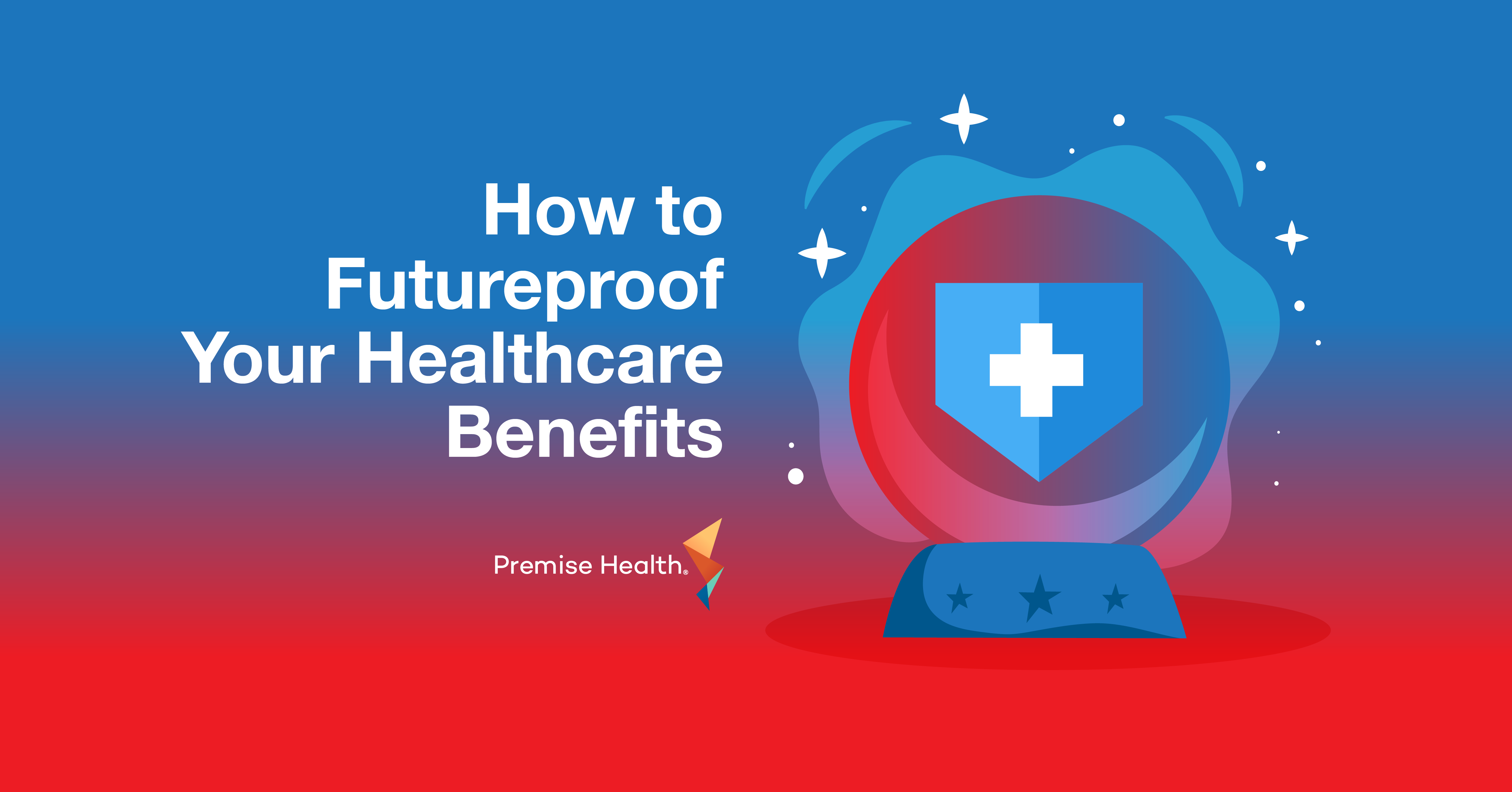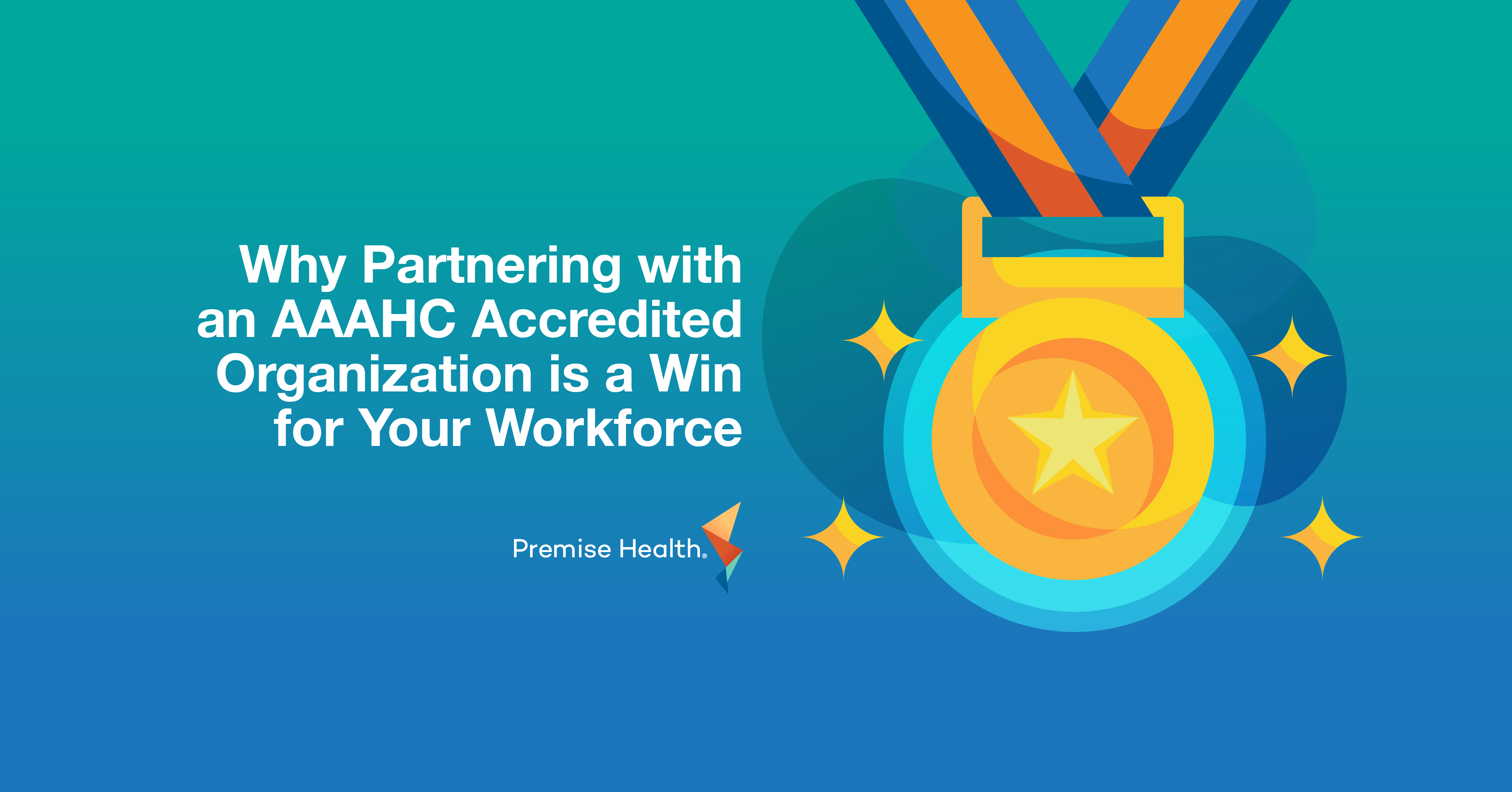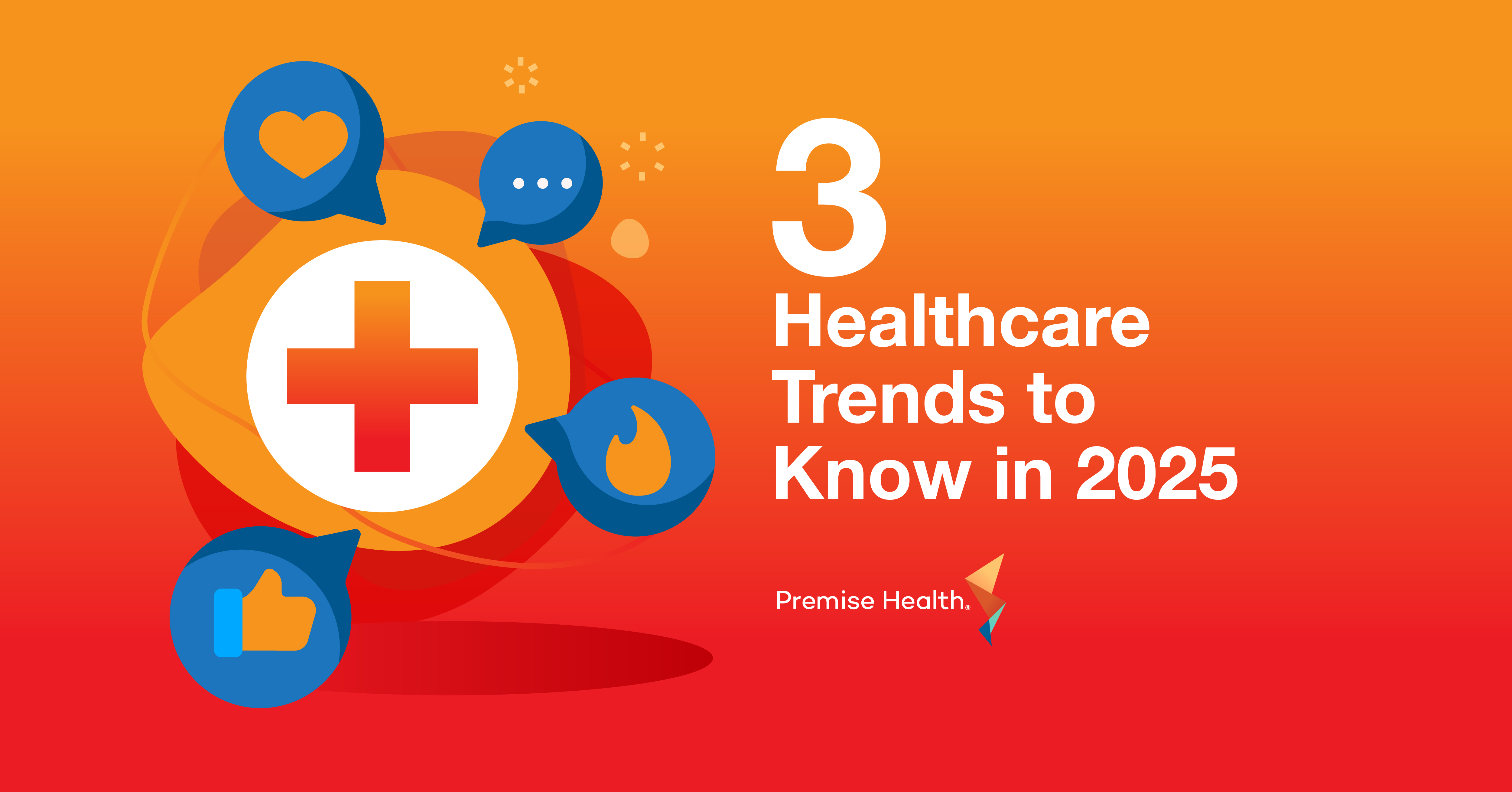The Evolving Role of the Onsite Occupational Health Nurse
Poor employee health costs U.S. employers $530 billion annually. From lost productivity due to chronic conditions to missed work days due to on-the-job injuries, the costs add up. First established to reduce workers’ compensation claims and improve productivity, occupational health has evolved over the years to help employers create and maintain safe and healthy workplaces. Some employers have invested in an onsite occupational healthcare delivery model to focus on prevention and support healthier populations.
Today, onsite occupational health services are being fully integrated with organizations’ benefits strategies and corporate cultures, creating new opportunities to enhance workplace health. Occupational health nurses play a critical role in these efforts.
Occupational health nurses are the key to coordinating a holistic, multidisciplinary program. They have a number of responsibilities, which encompass establishing a healthy workforce and the treatment, prevention and education of workplace injuries. From physicals to biometric screenings and injury management, occupational health nurses can have a significant impact on keeping employees safe and healthy.

Taking a proactive approach to occupational health
How can occupational health nurses have the greatest impact on employee health and safety? Here are six opportunities:
- Be present. One way to achieve this is through rounding. Occupational health nurses participate in health and safety rounding to identify potential hazards that can be mitigated before an injury takes place. Prevention is key.
- Build relationships. Occupational health nurses take on a lot of responsibility and interact with a number of stakeholder groups across an organization. The occupational health nurse has an opportunity to build relationships with employees, employer leadership, human resources/benefits team, supervisors,safety team, and unions, among others. These relationships help build trust between the stakeholder and occupational health nurse for successful programs.
- Be an expert. Understanding an employee’s benefits package is critical. Does the employer offer prescription drug benefits? Is an EAP offered? With in-depth knowledge of the benefits an employee has access to, the occupational health nurse can help the individual navigate care accordingly when an injury or medical condition arises.
- Advocate for employees. Navigating an expected leave of absence due to an on-the-job injury can be overwhelming for employees. An occupational health nurse serves as a case manager, assisting employees with accessing their rights and benefits. In addition, by knowing the benefits package and the work environment, occupational health nurses can help an employee get back to work as soon as possible or reallocated to a role that allows them to continue working without causing additional injury.
- Support compliance of standards. OSHA guidelines exist to protect employees from unsafe conditions,and employers can face penalties for violating these guidelines. Occupational health programs put procedures and guidelines in place to help organizations remain compliant with government regulations and standards. This ensures protection of both employees and the employer.
- Foster a culture of health. To generate awareness and increase adoption of occupational health services, it’s important to first understand an organization’s view on wellness and the programs in place that support wellbeing. Occupational health nurses are in a position to promote wellness and prevention in the workplace and ultimately, foster a culture of health.
By taking an employee-centered approach to occupational health, occupational health nurses are in a unique position to improve workplace safety and create healthier workforces.
Premise Health has been the leader in onsite occupational health delivery for the past 50 years. Learn more about our approach to creating safer and healthier workplaces or get in touch with Premise Health.
Next on industry insights.

How to Futureproof Your Healthcare Benefits
Read the Blog
Why Partnering with an AAAHC Accredited Organization is a Win for Your Workforce
Read the Blog